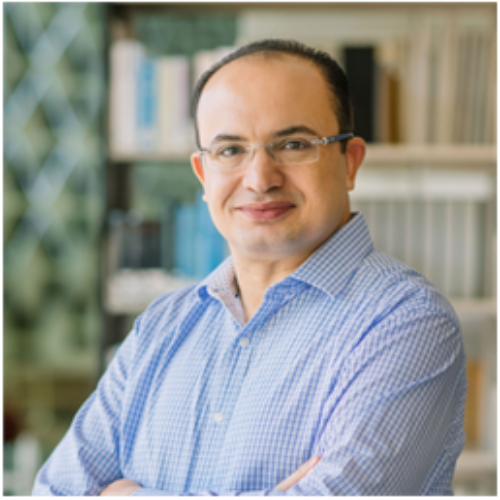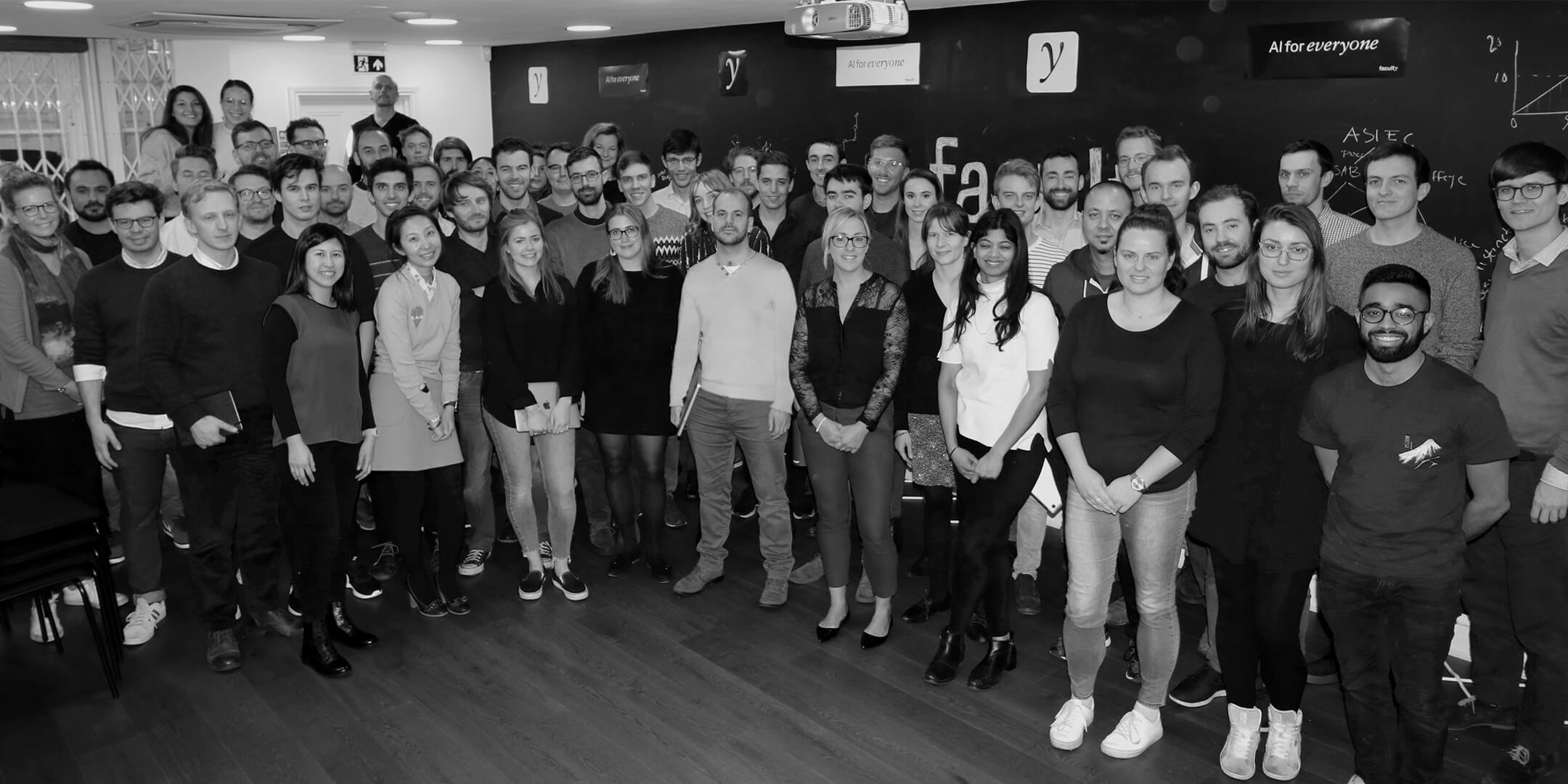Professor, Bioengineering
Magdy Mahfouz

Biological and Environmental Science and Engineering Division (BESE)
Principal Investigator, Laboratory for Genome Engineering and Synthetic Biology
Laboratory for Genome Engineering and Synthetic Biology
Center membership, Center for Desert Agriculture
https://cda.kaust.edu.sa/people/detail/magdy-m.-mahfouz
Orcid
https://orcid.org/0000-0002-0616-6365
Twitter account
“Bioengineering technologies will transform and reshape the future of medicine and agriculture—and will revolutionize our ability to understand and engineer genomes.”
Professor Mahfouz received his Ph.D. from the department of molecular genetics at Ohio State University before attending the University of Illinois at Chicago for postdoctoral training.
As the principal investigator of KAUST’s Laboratory for Genome Engineering and Synthetic Biology, Professor Mahfouz collaborates with colleagues to develop genome engineering and synthetic biology technologies and applications for crop bioengineering, biomanufacturing, and diagnostics.
To date, he has authored and co-authored more than 80 publications and seven pending/issued patent applications, and has also given lectures at leading global genome engineering synthetic biology conferences.
FocusAndTechnologyAreas
Professor Mahfouz and his team develop and apply genome engineering and synthetic biology approaches, harnessing engineering and evolution principles to build genetic networks and engineer organisms with improved traits for key applications including crop improvement, biomanufacturing, and diagnostics.
Their research interests include:
- Genome engineering
- Synthetic directed evolution
- Molecular virology and biotechnology
- Alternative splicing and gene regulation
- Molecular diagnostics
- Biomanufacturing
Biomanufacturing
“Plants have complex secondary metabolisms and autotrophic natures that make them ideal platforms for producing high-value products,” explains Professor Mahfouz. In the lab, his team engineers genomes to improve traits and biomanufacture different high-value target products, including select chemicals and pharmaceuticals for applications in agriculture and medicine.
Molecular diagnostics
Synthetic biology and genome-editing technologies hold the promise to provide rapid, accurate, flexible diagnostics for pathogens. Together with his team, Professor Mahfouz develops synthetic biology technologies for molecular diagnostics of pathogens and disease markers—designing, building, and developing point-of-care detection modules for nucleic acid diagnostics for different human and non-human pathogens.
Alternative splicing and gene regulation
Alternative splicing of pre-mRNAs has emerged as a key regulator of gene expression, particularly in response to stress, and therefore a key component of plant stress tolerance. To understand the molecular underpinnings of the splicing regulation in response to stress and growth cues, Professor Mahfouz’s team engineers the components of the splicing machinery and explores ways of using these components for crop improvement.
Molecular virology and biotechnology
Genetic resistance is readily overcome by pathogens, and engineered disease resistance provides a viable, flexible, and durable alternative to genetic resistance. To engineer immunity and establish resistance to plant viruses, Professor Mahfouz’s team develops CRISPR-based technologies that specifically target pathogens. They also engineer and use plant viruses as synthetic biology devices for the bioproduction of select chemicals and compounds, including pharmaceuticals and biologics. Together, they harness the power of viruses in synthetic biology applications to turn plants into sustainable bio-factories for diverse high-value products.
Why did you choose this research topic?
Bioengineering is a multidisciplinary field that depends on the combination of knowledge and advances in biology, molecular biology, computational biology, engineering, and chemistry. It empowers us to harness these advances and translate ideas into products to address the challenges facing humanity. With a focus on biomanufacturing, my research group uses plants as chassis for the bioproduction of select high-value compounds. Our work spans therapeutics and biopharmaceuticals, crop bioengineering using CRISPR systems, and molecular diagnostics of pathogens. The motto of my laboratory, “bioengineering for the future,” encapsulates our ideas, beliefs, and goals.
Why KAUST?
The unique ecosystem of KAUST—including the mission, vision, impressive infrastructure, and support—enables us to make impactful contributions to the scientific community. Together, we drive significant discoveries and innovations to solve some of today’s greatest challenges.

